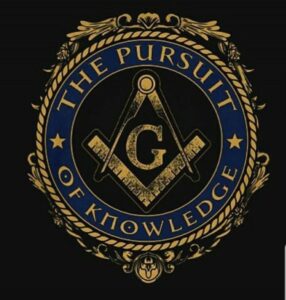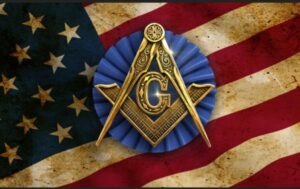November 2024: From the East
As we move into November, I want to take a moment to express my gratitude for the camaraderie and commitment that each of you brings to our Lodge. The past few months have been filled with engaging programs and meaningful discussions, and I appreciate your active participation in making our Lodge a vibrant community.
This month, we have some important events on the horizon. First, I encourage you to mark your calendars for our Masonic education program on 11/13, where we will delve into “The Evolution of Masonic Rituals”. This session promises to be both informative and thought-provoking, and I urge all members to attend and contribute to the conversation.
Additionally, we will be hosting a special meeting on November 27th, the day before Thanksgiving, to discuss “Giving Thanks in Masonry.” This program will allow us to reflect on the blessings we share as brothers and explore the significance of gratitude in our lives and within our fraternity. Your thoughts and contributions will enrich our discussions as we focus on this important theme.
As we approach Thanksgiving, let’s also take a moment to reach out to fellow Masons, especially those who may need a little extra support or companionship during this time. Your presence strengthens our bonds and enriches our discussions, and I encourage everyone to make an effort to attend our meetings.
Lastly, I want to remind you of the importance of attending our meetings. Your presence strengthens our bonds and enriches our discussions. Let’s continue to support each other and uphold the values of Freemasonry as we move forward.
Wishing you all a November filled with gratitude, brotherhood, and opportunities for personal growth. I look forward to seeing each of you at our upcoming events!
Fraternally,
W:. William Hanson
Worshipful Master
The post November 2024: From the East first appeared on Smithtownlodge1127.

